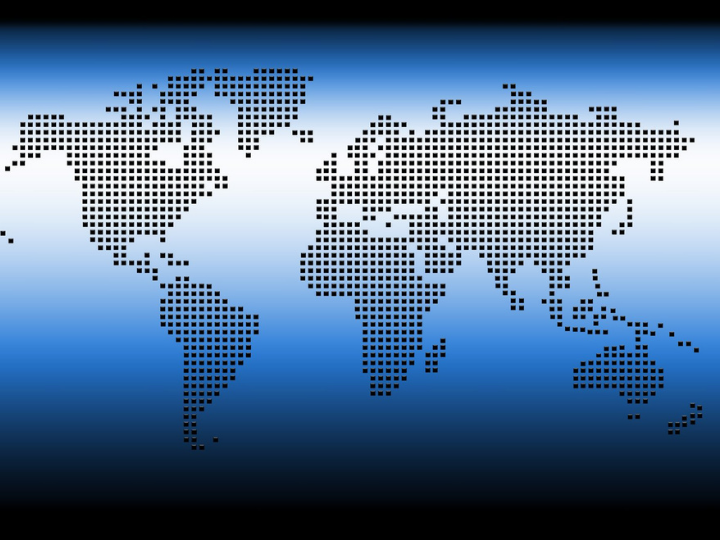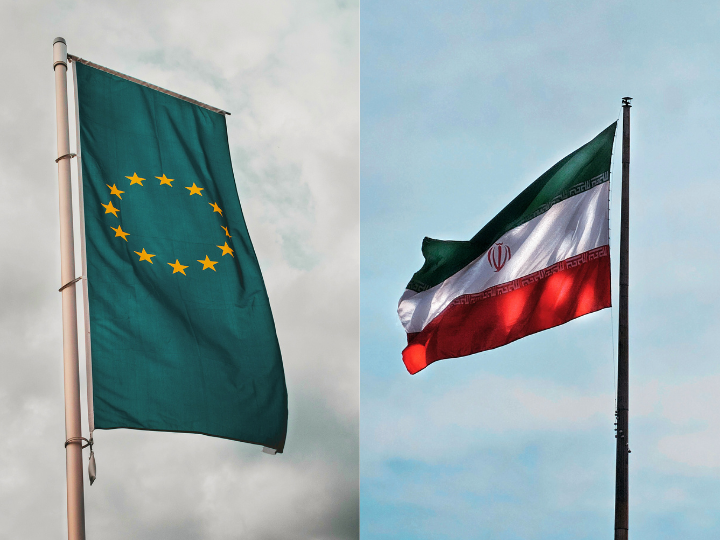by Yousef Al-Ulyan*
It is no understatement to say that the technologies of the Fourth Industrial Revolution are causing disruption. Artificial intelligence, blockchain, autonomous systems, robotic process automation, smart city technology and more, are all taking root worldwide – with largely beneficial results.
But disruption this is, and we are all too aware that there are also challenges presented by these emerging technologies. While change is positive, it has to be managed. The world needs more thinking on how to help advanced technology achieve its full potential, while preventing harm.
The four threat areas
There are four areas where international cooperation and forward-looking policies can help. The first – and one which particularly affects Aramco as a company – is cybersecurity. More data and more digital transformation also mean greater cybersecurity risk. This threat is as important as any physical threat. And many of its dimensions are cross-border in scope, needing greater and more effective international coordination and cooperation – and clear frameworks and laws that address data integrity and ownership.
The second is education and what’s known as “upskilling”: Our educational systems need to prepare our young people for the challenges and opportunities of the digital world, and we need to provide unskilled workers with the training and digital literacy they need so they can continue to make a positive contribution in their jobs. Better and more relevant education will be our best defense against the threat of structural unemployment brought about by digital disruption.
The third area concerns the broader social, financial, investment and international cooperation policies we need to address and mitigate the greater impact of high technology on lower income and repetitive jobs, which could potentially widen inequality. This is a trend that has been exposed by the COVID-19 pandemic and needs to be proactively addressed before it worsens social fragmentation.
In the fourth area, we need international collaboration to deepen our understanding of the social and ethical impacts of emerging technologies, particularly on the young.
“We need international collaboration to deepen our understanding of the social and ethical impacts of emerging technologies”
Shoring up the defences
On the first point, cybersecurity is a concern for all industries and services now, and Aramco has moved aggressively to strengthen its own defenses. The transformation was internal at first: We deployed cutting-edge cybersecurity systems, transformed security operations into intelligence-driven defense, included cybersecurity in key corporate committees, set up programmes to address internal and external threats, and greatly enhanced the skills and knowledge of our staff through specialized training and advanced academic programmes.
But we soon understood that we would only be as strong as our weakest link. This meant reaching out to our business ecosystem, including both national and international partners, with a supply-chain cybersecurity programme to eliminate cyber-risks originating from third parties.
“We soon understood that we would only be as strong as our weakest link”
We also established collaboration programmes with national and international cybersecurity institutions, universities and government agencies responsible for critical infrastructure. Locally, we established two cybersecurity chairs with leading universities to enhance cybersecurity education as well as research and development.
But we know that even greater collaboration and cooperation at a global level is needed to keep cybercrime at bay. In the meantime, we have also been working to build trustworthy multinational clouds to keep data safe, signing agreements with Cognite and Google that will position Saudi Arabia to be a regional hub and exporter of advanced cloud and digital transformation services and technologies.
Upskilling Saudi Arabia
Education is the second area where companies are playing a role, but where governments can make a much bigger impact in equipping people for the digital age. At Aramco, for example, our digital training programme, launched in 2019, has already reached 11,000 of our 70,000 employees, with the goal of upskilling 25,000 employees by 2025. We’ve also helped establish the National Information Technology Academy to train young Saudis in IT skills with a focus on 4IR technologies, and we are establishing the largest centre of excellence in the MENA region to host digital and cloud academies.
“Our digital training programme, launched in 2019, has already reached 11,000 of our 70,000 employees”
In terms of the third and fourth issues around broader social challenges, organizations such as the IMF, OECD and others understand that digitalization is fundamentally transforming the way we live and work; that this has consequences for the well-being and cohesion of societies; and that it is having a deep impact on businesses in all sectors, through effects on productivity, employment, skills, income distribution, trade and the environment.
The 21st-century Bretton Woods moment
Addressing the board of governors of the IMF in October, its managing director, Kristalina Georgieva, said the world faced “a new Bretton Woods moment”. The challenge of building a better world after COVID-19, she said, was tantamount to the task of rebuilding peace and prosperity after World War II, when the World Bank and IMF were created at a conference in Bretton Woods, New Hampshire, in the US. Harnessing the opportunities of digitalization, and overcoming its disruptive impact, are a big part of the present challenge.
Our digital world needs this new Bretton Woods moment. We need governments and institutions to work together to promote policies that continue to foster digital innovation, while preventing harm. In this task, our leaders will find willing partners in the corporate sector.
*Vice-President, Information Technology, Saudi Aramco
**first published in: www.weforum.org




 By: N. Peter Kramer
By: N. Peter Kramer
